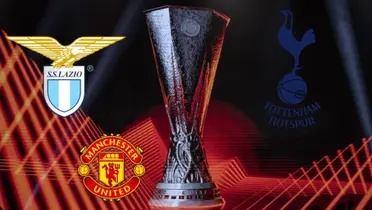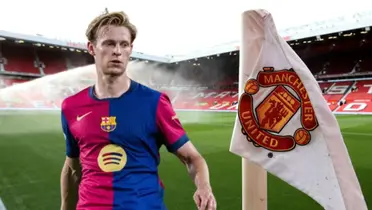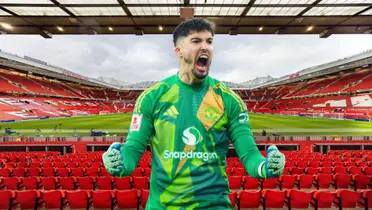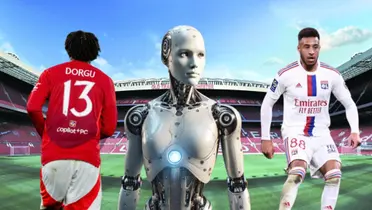What is the key to financial success? Manchester United vs. Atlético de Madrid comparison
Financial x-ray: Manchester United vs. Atlético de Madrid, two giants under the microscope

The roar of the stadiums may be deafening, but it is in the offices where the foundations of great clubs are forged. Today, we unravel the financial duel between two titans of European football: Manchester United, emblem of the Premier League, and Atlético de Madrid, standard-bearer of La Liga.
We delve into their balance sheets, investment strategies, and management models, seeking the keys that define their present and future in the competitive world of football.
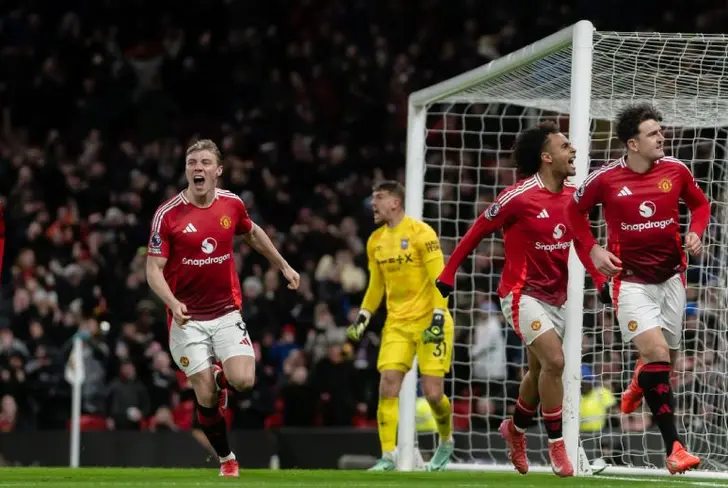
Income and debt: Two models, two realities
Manchester United, with its deep-rooted history and global reach, boasts income figures that place it in the world elite. However, this economic bonanza is accompanied by a considerable debt, the result of acquisitions and expansion strategies.
Atlético de Madrid, for its part, has built its success on a foundation of financial prudence. Its austerity policy, without renouncing sporting ambition, has allowed it to maintain a balance between income and expenses, minimizing risks.
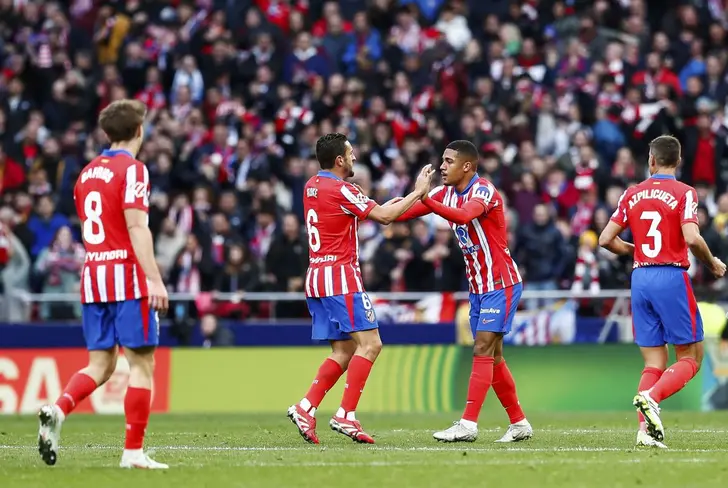
Investment in transfers: Who bets more and better?
Investment in transfers is a thermometer of a club's financial muscle and sporting ambition. Manchester United, known for its multi-million dollar outlays, constantly seeks to strengthen its squad with world stars.
Atlético de Madrid, on the other hand, has perfected the art of intelligent investment. Its scouting network and its ability to detect talent in emerging markets allow it to build competitive teams with a tighter budget.
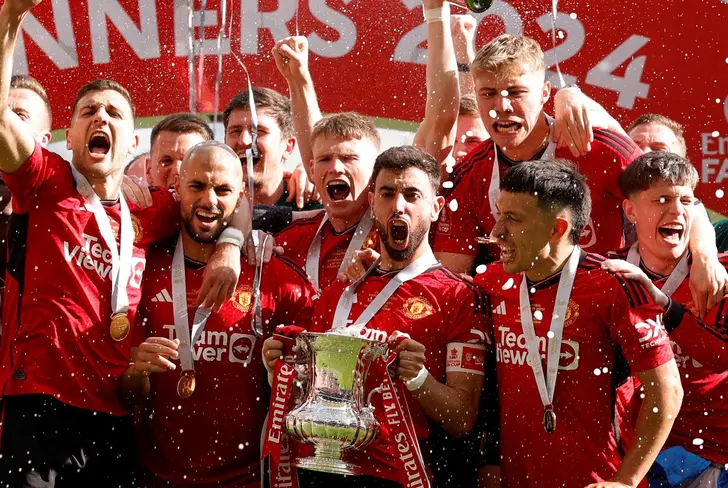
Sponsorship and marketing strategies: The battle for global exposure
In the era of globalization, sponsorship and marketing are fundamental weapons to expand the brand and generate income. Manchester United, with its global reach, has closed multi-million dollar deals with renowned brands.
Atlético de Madrid, although with a more modest profile, has known how to exploit its image as a combative club close to its fans, attracting sponsors who share its values.
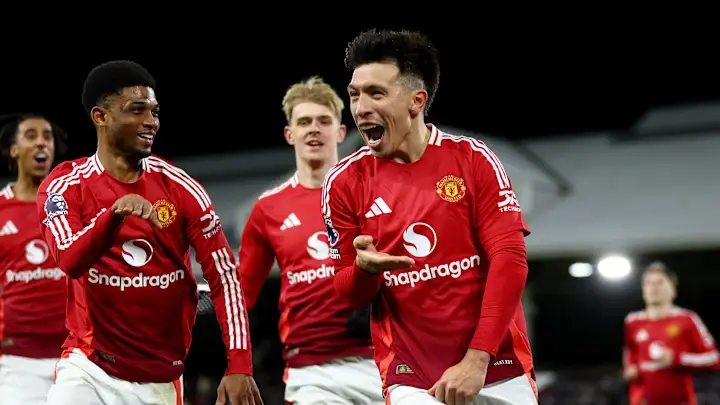
The impact of the pandemic and financial fair play: Shared challenges
The COVID-19 pandemic dealt a severe blow to the finances of all clubs, forcing them to restructure their budgets and seek new sources of income. In addition, Financial Fair Play, with its strict rules, requires a balance between expenses and income.
Both Manchester United and Atlético de Madrid have had to adapt to this new scenario, seeking formulas to maintain their competitiveness without compromising their financial sustainability.
The financial future: What lessons can we learn?
The analysis of the financial management of these two giants allows us to extract valuable lessons about the different management models in modern football. While Manchester United bets on massive investment and global expansion, Atlético de Madrid clings to prudence and efficiency.
Both models have their strengths and weaknesses, and their success will depend on their ability to adapt to the challenges of the future.
- Manchester United's debt contrasts with Atlético de Madrid's financial strength.
- Investment in transfers reflects the different strategies of both clubs.
- Global marketing is key, but Atlético de Madrid exploits its closeness to the fans.
- The pandemic and Financial Fair Play have forced both to adapt.
- There is no single model of financial success in football.
The evolution of financial management in modern football
Financial management in football has evolved significantly in recent decades. The arrival of foreign investors, the globalization of the sport, and the increase in television rights have transformed the economic landscape of clubs.
In this context, the capacity for adaptation and strategic vision are fundamental to guarantee financial sustainability and long-term sporting success.
In short, the financial duel between Manchester United and Atlético de Madrid offers us a fascinating vision of the different management models in modern football. Both clubs, with their own strengths and weaknesses, seek a balance between sporting ambition and financial sustainability.
Their future will depend on their ability to adapt to the challenges of a constantly evolving sport.
What you should know about the financial management of these clubs:
- Manchester United generates higher income, but also has significant debt.
- Atlético de Madrid stands out for its prudent and efficient management.
- Both clubs invest heavily in transfers, but with different strategies.
- Global marketing is key for both, but United has greater reach.
- Financial Fair Play is a constant challenge for both clubs.
More news

The Numbers Don't Lie: Casemiro's Dominance Returns
31/03/2025
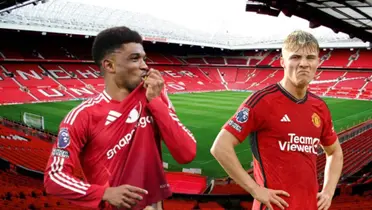
United's Dream Pairing: The Duo Fans Are Eager to See
31/03/2025
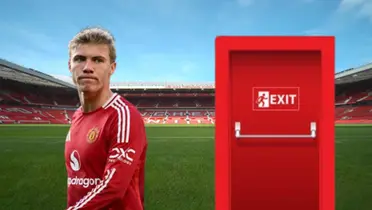
Hojlund's Fate: Will He Stay or Leave Man United?
31/03/2025
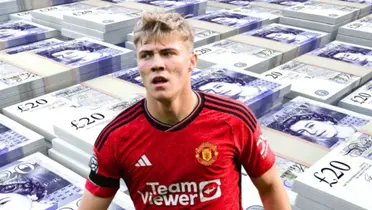
Højlund's Plummeting Value: A Cause for Concern at Man United
31/03/2025
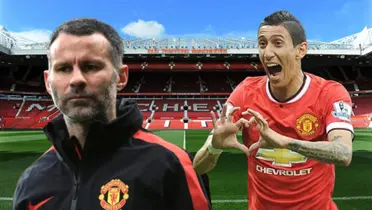
Giggs' Misjudgement: Depay's Free-Kick Hopes Fall Flat
31/03/2025
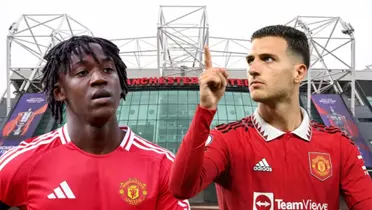
Man United's Summer Clearout: Players on the Chopping Block
31/03/2025

Financial Divide: Man United's Value Dwarfs Olympique Lyon's Squad Cost
30/03/2025

Onana Exit Rumors Swirl: How the Goalkeeper Is Responding
30/03/2025
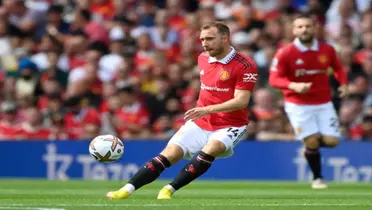
Eriksen breaks the silence about the rumors of not renewing
30/03/2025
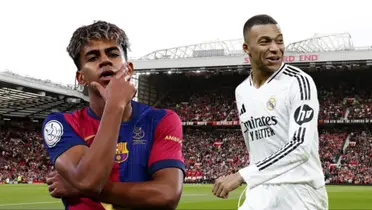
World-Class Player Available: Romano Reveals Transfer Bombshell
30/03/2025

Ugarte's Premier League Insight: Key Differences From Ligue 1 Revealed
30/03/2025
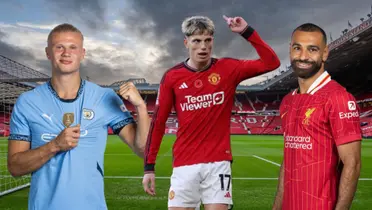
Garnacho Outshines Salah and Haaland: A Stunning Statistical Triumph
29/03/2025
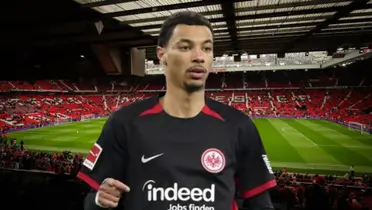
Ekitike's Staggering Stats: Why Man United Are Keen
29/03/2025
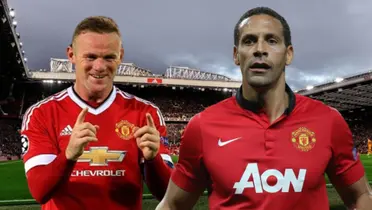
Beyond Legends: The United Player Who Rewrote Investment History
29/03/2025
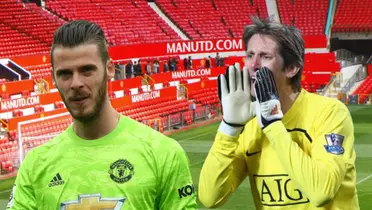
Manchester's Goalkeeping Giants: Who Reigns Supreme?
29/03/2025
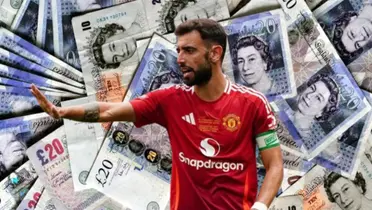
Fernandes' Fortune: Unveiling the Price Tag of United's Captain
29/03/2025
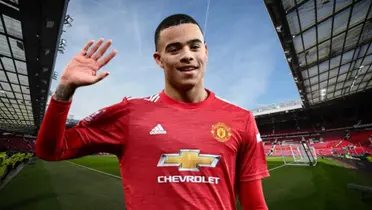
The Manchester United jewel that was rumoured for Barcelona ended up in an exotic league
29/03/2025
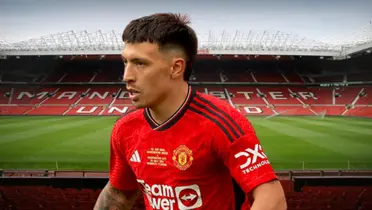
Father's Faith Pays Off: 100 Pound Bet on Son's United Debut
29/03/2025
